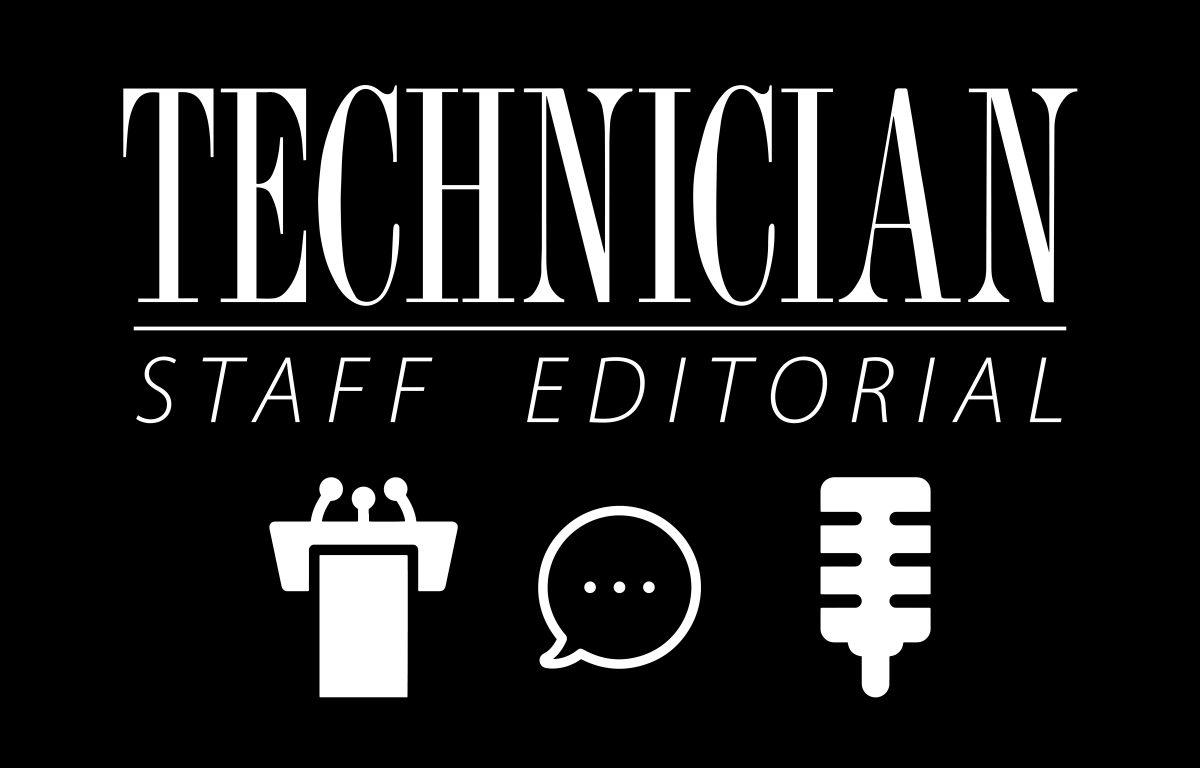Any Wolfpack fan who had a bird’s eye view of the inside of PNC Arena (or maybe anyone with nosebleed seats) could describe to you the awesomeness and sheer intimidation Wolfpack faithfuls emanated during the matchup against UNC-Chapel Hill last Saturday. Twitter feeds overflowed with the #GoPack and #GTHC hashtags. But how many people in Raleigh posted about homelessness, hunger or poverty on Saturday? Very few, if any at all.
There’s something to be said by the fact that more than 18,000 people filled PNC to watch a basketball game — most of whom either waited for hours in the cold or paid a premium for tickets to be there. And what’s even more astounding is that such a large group of fans, in unison, cheered, danced and jumped in support of the Pack.
Meanwhile, according to Raleigh Rescue Mission’s website, approximately 78,000 people in Wake County are living in poverty — and more than 11 percent of Raleigh’s population live in poverty. Raleigh Rescue Mission, a religious service organization, also estimates that family homelessness is growing by 11 percent each year.
Yes, the basketball games are exciting, especially because we get to boast a nationally ranked team this year. But wouldn’t that energy, money and time students and fans spent acting as one have been better spent helping a few of the 29,000 living in poverty in Raleigh?
Large corporations do team up with coaches for charitable causes. The Infiniti Coaches’ Charity Challenge is a competition between NCAA Division I basketball coaches in which fans vote for a coach and the coach’s charity of choice. The coach with the most votes will win $100,000 for his charity — and Infiniti will give $5000 to the charity each participating coach represents.
Those sorts of events are all well and good, but we can’t leave it to multinational corporations to make a noticeable local impact.
On Jan. 16 Technician ran a story about the Urban Ministries Food Pantry. Director of Development at the ministry John Welch asked the University to let people and students know that the ministry needs help.
Even attendance at the annual Service N.C. State event hosted by the Center for Student Ethics Leadership and Public Service pales in comparison to the masses at PNC.
It’s great to be excited about N.C. State basketball — and we have every right to be after a more than 20-year dry spell. But we need to find a way to bring our zeal for sports to public service.
This editorial is in no way a criticism of college sports, rather, a critique of the human condition. We need to ask ourselves if entertainment is more important than helping those who need it most. If the answer is “yes,” then we should reassess our values.
Harnessing the energy and resources of more than 18,000 people — all acting together — has limitless potential for real good. We’ve proven that bringing so many people together is possible, we just have to care more.



